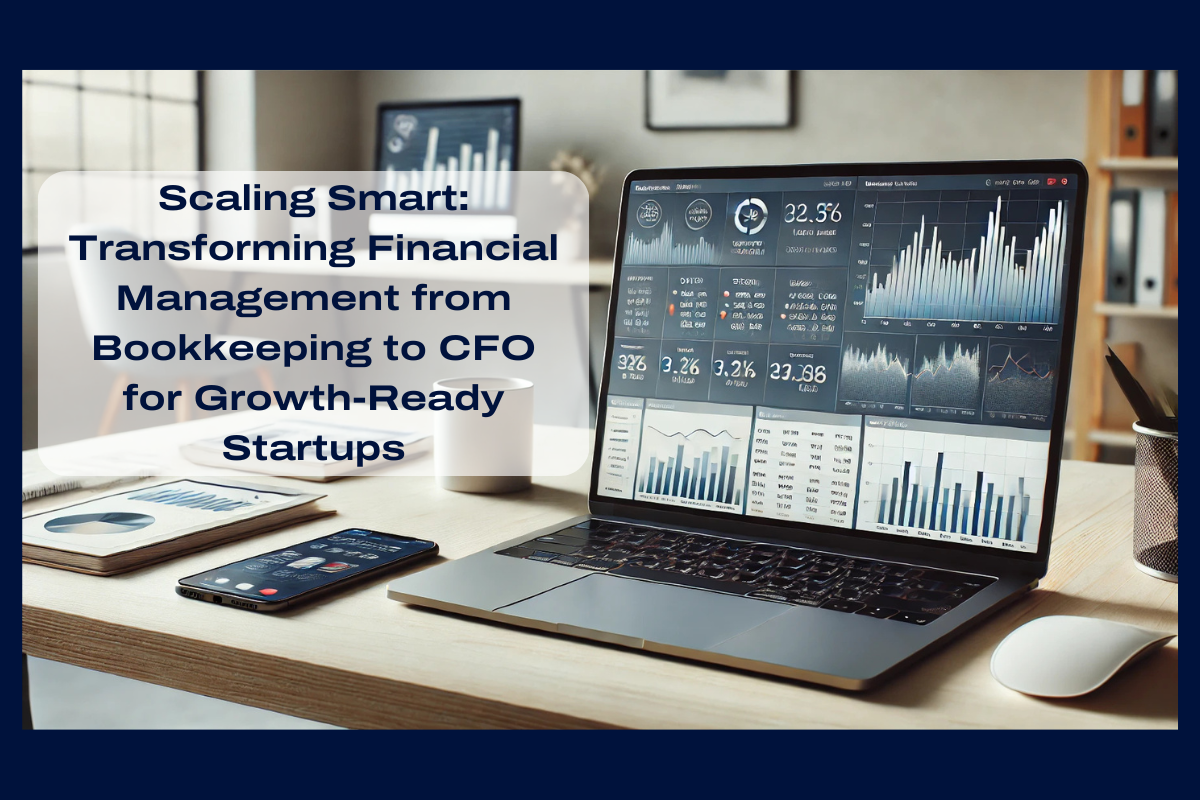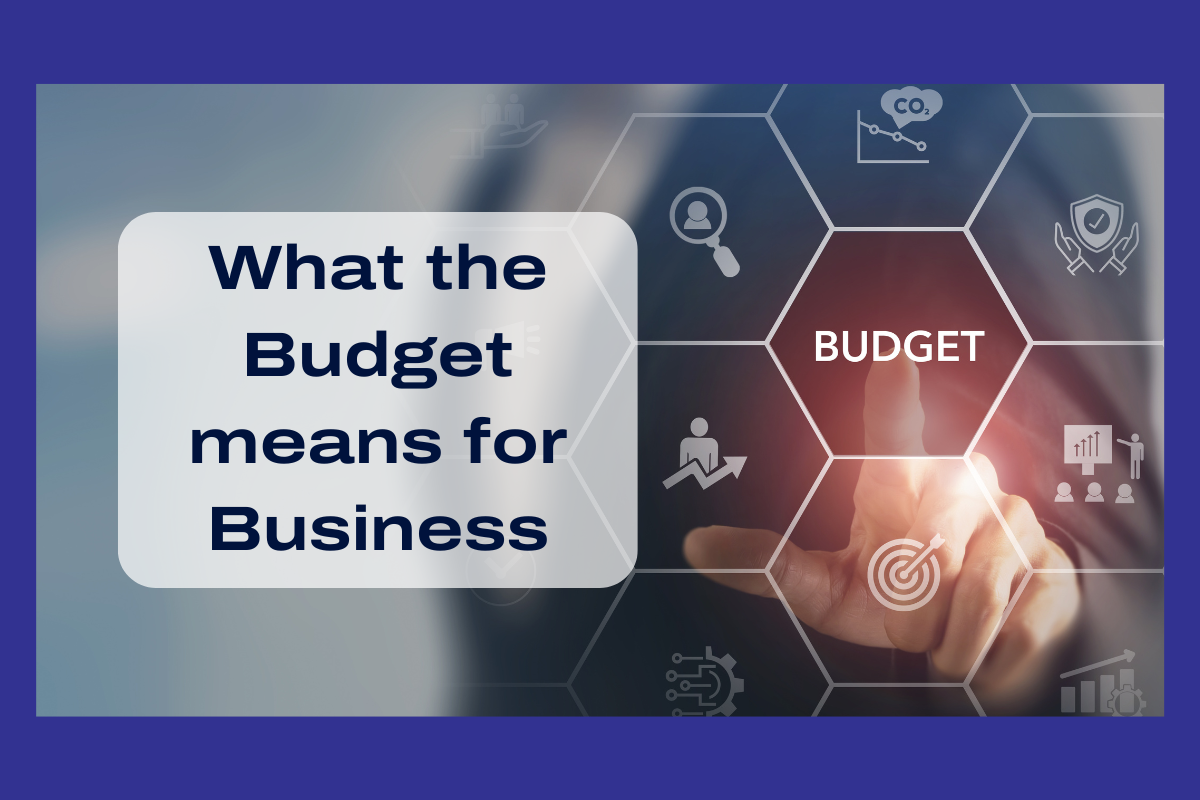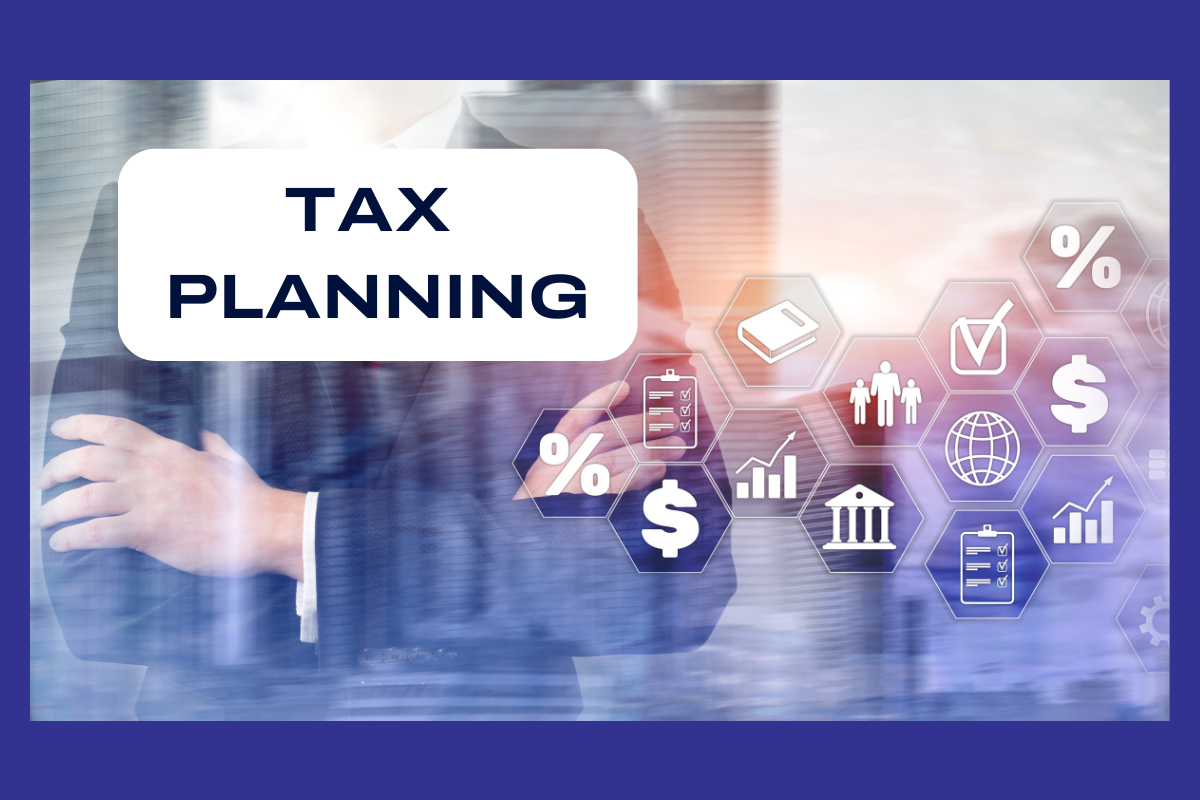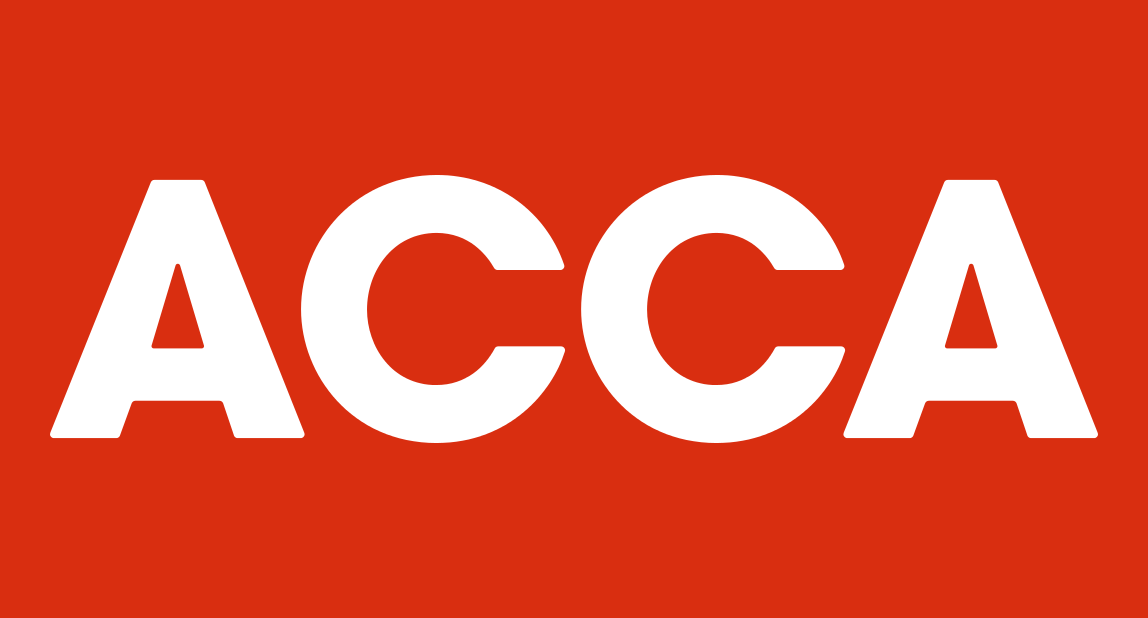A Beginner’s Guide to Crypto
Chris Barnard • August 30, 2023
We’ve all heard of cryptocurrency, but how many of us actually understand what it is and how it works? This guide will tell you what you need to know – and help you decide whether it’s the right investment for you.
What is Cryptocurrency?
Cryptocurrency is digital money that is designed to be used over the internet. The first cryptocurrency was Bitcoin, which launched in 2008 and remains by far the biggest, most influential, and best-known.
In the decade since, Bitcoin and other cryptocurrencies like Ethereum have grown as digital alternatives to currency issued by governments. There are now more than 1,500 cryptocurrencies you can invest in or trade.
A glossary of key Crypto terms
Cryptocurrency
A relatively new type of virtual money that is nearly impossible to counterfeit or double-spend. There are no physical coins or notes, it’s a digital asset stored in a hot or cold wallet online. A hot wallet is like your everyday purse, which should hold only a small amount of funds that you use for regular transactions. A cold wallet is like your savings account, which holds the majority of your funds – but transfers cannot happen so quickly. A cold wallet is a better option for people who aren’t regular crypto traders.
Decentralisation
This means there's no central authority, like a bank or government, controlling how things work. Cryptocurrency is circulated through a process of volunteers from across the world using their computers.
Distributed/Public ledger
A database that is shared worldwide and allows the network of volunteers to secure and validate transactions made with cryptocurrency.
Centralised ledger
The opposite to a distributed ledger. This is what most companies use. It’s more vulnerable to cyber security threats, because it exists as a single point.
Blockchain
The blockchain is a public ledger that records all transactions made on the network. It's distributed over thousands of computers around the world to ensure that no one person can control it or make fraudulent transactions. Every computer on the network has its own copy of this ledger, so there's no single point of failure where hackers could target and corrupt all copies at once. It was originally created to run Bitcoin, but is now applied to many other areas of society, including government record-keeping, banking and finance, healthcare and supply chain management.
NFTs
This stands for Non-Fungible Tokens. “Non-fungible” describes something unique that can’t be replaced with something else. NFTs are a digital asset like cryptocurrency but they represent real-world objects like art, music, video game items or videos. They are bought and sold using the same technique and software as cryptos. When you buy an NFT you are buying its ownership, which can’t be copied, though the artist can still keep the copyright and reproduction rights. Put it this way, anyone could buy a Van Gogh print – but only one person owns the original.
How else does crypto differ from regular currency?
The biggest difference is that crypto is decentralised. However, there are several other key differences worth discussing.
If you own crypto, you don’t possess anything tangible. What you own is a key that allows you to access your account to withdraw or move funds from one person to another without a trusted third party.
This “key” takes the form of a string of random letters, which should be treated similarly to a bank account number. Nobody should have access to it except you, or they could wipe out your account. You must keep it safe because you can’t reset it like a password. Most crypto platforms where you purchase your coins will never ask for your key.
You also have a “public key” or address, which is actually your home address or the place where your funds will be sent that you then share with anybody who wants to send you crypto coins. However, people don’t send you funds through the post. You can have a link generated that uses this address where people can transfer you coins online. This public key needs less protection than your private one, but you should still keep a good record of it.
The global financial system has been based on a set of laws and best practices for centuries. Crypto, on the other hand, is a largely unregulated market, and any rules in place often vary by judgement.
Sending money internationally and across borders is much faster with cryptocurrency. Instead of days, transactions are completed in minutes at a fraction of the cost.
Normal money has an unlimited supply, because more can be printed in times of financial crisis. Cryptocurrency, however, is in limited supply. Once a certain number of virtual coins are in circulation. For Bitcoin, this number is 21 million. This limited supply works to crypto’s advantage, because it theoretically ensures that coins hold their value for years to come. A bit like digital gold.
Transactions are permanent and final. It is nearly impossible to reverse any crypto transactions.
Although Bitcoin has been around since 2009, cryptocurrencies and applications of blockchain technology are still emerging in finance and more uses are expected in future. Transactions including bonds, stocks, and other financial assets could eventually be traded using the technology. Some shops have begun accepting crypto as payment.
Pros and Cons of Investing in Crypto
Pros:
- You can send coins worldwide
- Make instant, secure transactions
- No or low fees
- Can be easily converted into cash without affecting its market price
- Potentially high returns on investments
Cons:
- Largely unregulated
- Few businesses currently accept crypto
- It’s a high-risk investment because its value fluctuates a lot quickly
- You can’t recover transfers that have been processed
Taxes and Cryptocurrencies
There are no clear-cut rules, because the government has not classified cryptocurrency as a taxable income. However, when you use it to purchase goods or services, your transaction is considered a taxable event.
Cryptocurrency is treated as both property (like stocks) and currency (like foreign exchanges). This means any earnings from the sale of cryptocurrency are treated as capital gains.
The tax implications of this can be complicated because many people forget to report cryptocurrency exchanges on their tax forms, or to keep accurate records of their earnings from crypto.
Crypto doesn’t have to be cryptic
You may now feel sufficiently confident to enter the world of cryptocurrency. However, if you need advice at any time about any aspect of crypto, you are welcome to get in touch with us.
Related Posts
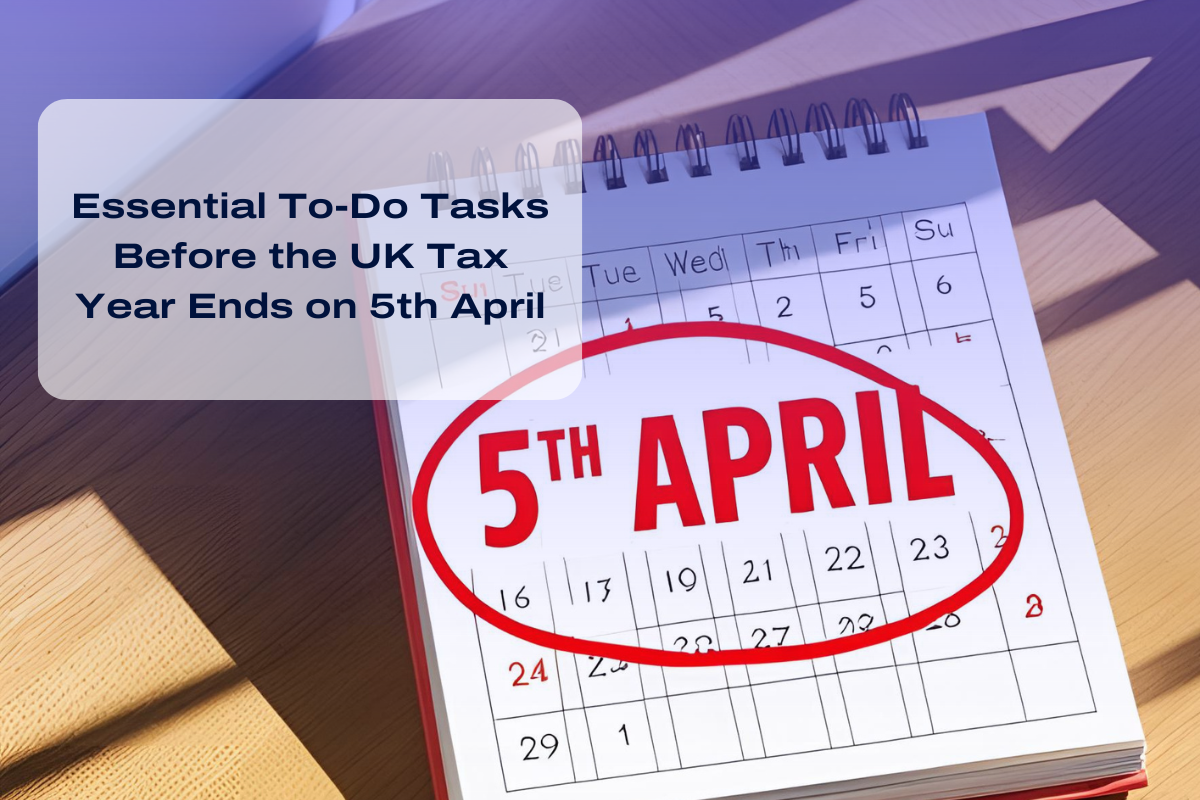
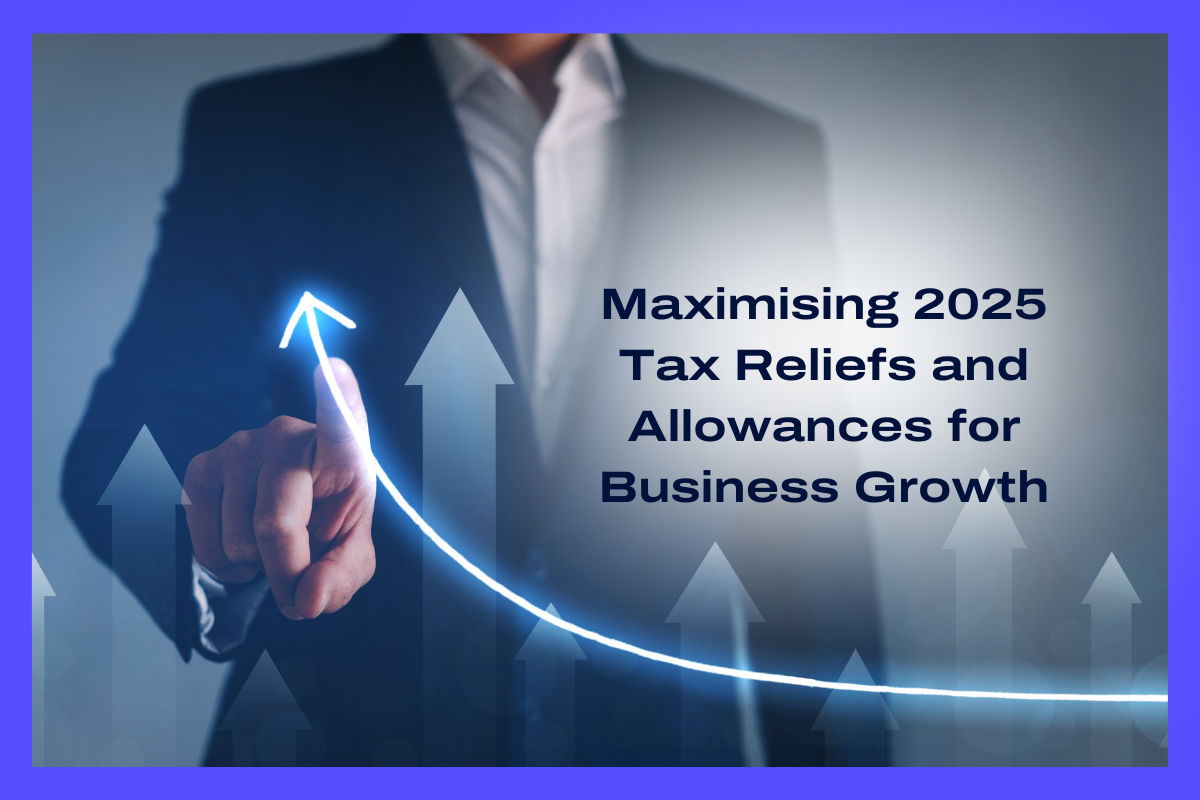

© 2023 All Rights Reserved Collective Concepts Accounting Ltd. Registered office is Sussex Innovation Centre, Science Park Square, Brighton, BN1 9SB. Company Registration Number 14158965



